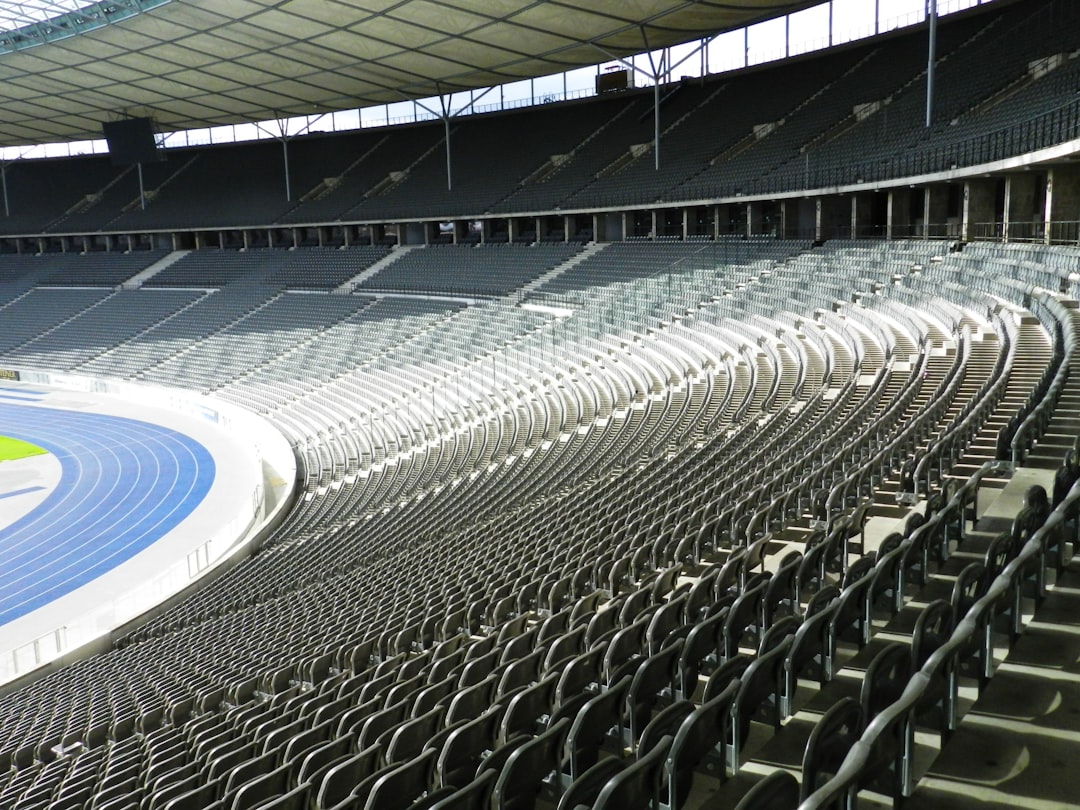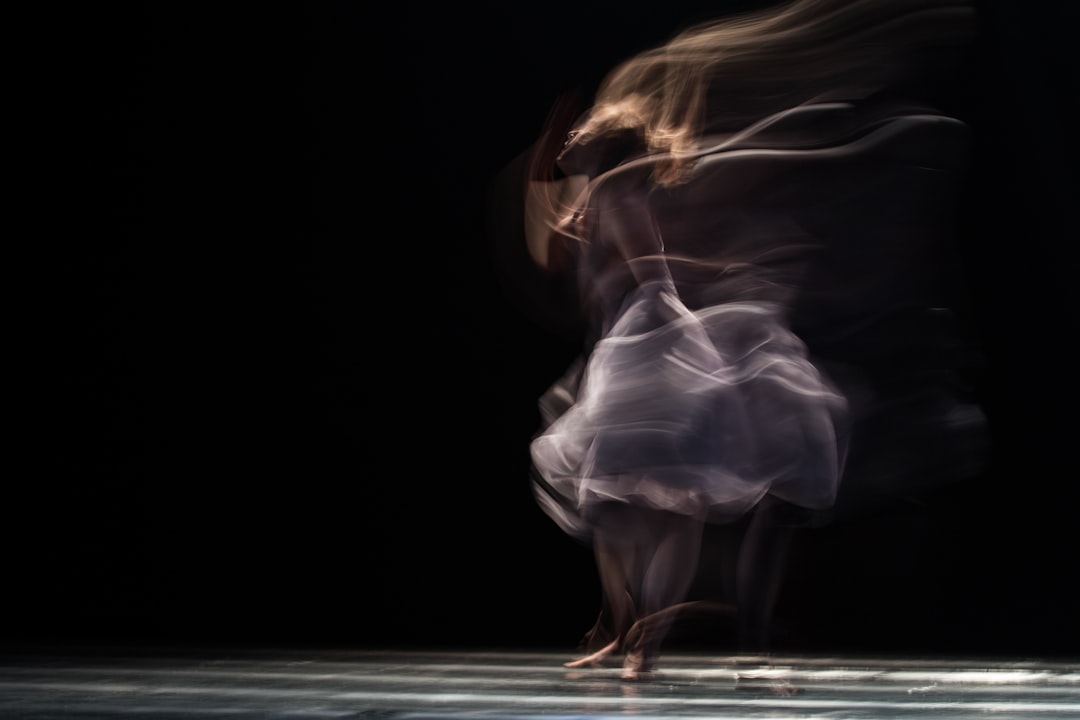What is it about?
Since the early 1970s Bill Robson has provided South African music departments and individual musicians with a significant number of finely crafted harpsichords, virginals and organs, faithfully modelled on historical specimen. This is remarkable for the fact that early on during the ancient music revival – due to a single individual’s insights and superb craftsmanship – South African musicians had access to far better instruments, than the spuriously modernized and mass-produced designs, that swamped European markets in the 1960s and 70s.
Featured Image
Why is it important?
Given the significant advantage of access to excellent historical instruments early on, it is puzzling that South African audiences and musicians at large, have remained unaware of the far-reaching implications of period instrument performances on the understanding of Western music. Elsewhere, historically informed performances (HIP) on period instruments have often considerably revitalized and expanded musical activities. In the light of scarce professional opportunities for local musicians in South Africa, this lack of appreciation and understanding of the HIP approach is disconcerting. Further research into underlying causes might help to unlock the key to a potentially still dormant but uniquely shaped South African take on such an approach.
Perspectives
This article is a tribute to a visionary instrument builder, whose exceptional craftsmanship, as well as technical and historical knowledge is hardly appropriately appreciated yet, even by international standards, deserves the highest esteem.
Hans Huyssen
University of Cape Town
Read the Original
This page is a summary of: Tribute — William Selway (Bill) Robson, Journal of Musical Arts in Africa, December 2013, Informa UK Limited,
DOI: 10.2989/18121004.2013.846986.
You can read the full text:
Contributors
The following have contributed to this page










